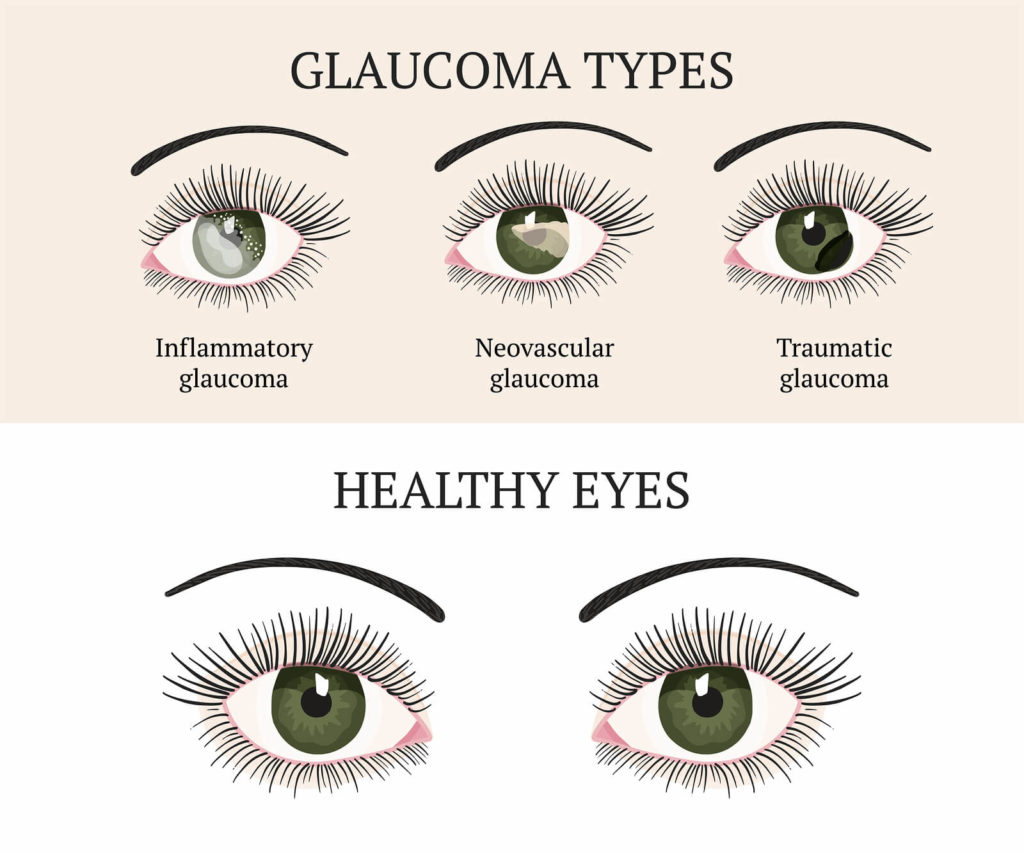Swelling in the clear outer layer of your eye otherwise known as the cornea Eye damage to your macula which is the part of your eye that senses light Discomfort or eye pain Cataracts. Can cause a headache and other symptoms.
 Glaucoma Causes Symptoms And Treatment Netmeds
Glaucoma Causes Symptoms And Treatment Netmeds
Such low intraocular pressure could indicate fluid leakage and deflation of the eyeball.

Intraocular pressure symptoms. This rise in eye pressure may occur suddenly an acute attack of angle closure or gradually. An eye is considered hypotonous when the IOP drops below 10 mm Hg. Treatment includes relieving the brain of the increased pressure.
Hypotony is defined as low intraocular pressure IOP and occasionally is associated with decreased vision. This can produce the following symptoms. Excessive or decreased aqueous production.
Inadequate or increased aqueous drainage. One of the first symptoms is fast eye fatigue. Today eye pressure is considered a major risk factor for glaucoma but is not included in the definition of this eye disease.
Normal IOP is usually between 12 and 22 mm Hg. During a regular eye exam intraocular pressure is measured using a. Increased intracranial pressure from bleeding in the brain a tumor stroke aneurysm high blood pressure brain infection etc.
But do not take chances. Ocular hypotension hypotony or ocular hypotony is typically defined as intraocular pressure equal to or less than 5 mmHg. Underlying eye condition such as pseudoexfoliation syndrome pigment dispersion syndrome.
Left untreated high eye pressure can cause glaucoma and permanent vision loss. Anything below 12mm Hg is indicative of hypotony or low eye pressure and anything above 22mm HG may signal intraocular hypertension or. Ocular hypertension means the pressure in your eyes your intraocular pressure IOP is higher than normal.
Because there are no symptoms with ocular hypertension it is impossible for a patient to notice it on their own. If you are experiencing symptoms like halos blurred vision or pain or if your intraocular pressure has recently increased and then continues to increase on subsequent visits your eye doctor. Similar to using inches as a way to report length mm Hg refers to millimeters of mercury and is a way to report pressure.
ICP has serious complications including death. If you feel that something is wrong with your eyesight consult an oculist for advice. However doctors gradually came to understand that glaucoma can occur even when eye pressure is normal which sometimes makes it harder to diagnose.
Due to the fact that many people face an increase in intraocular pressure after forty they begin to write off such fatigue for age and aging. In angle-closure glaucoma also called narrow angle glaucoma the angle is closed in many or most areas causing increased eye pressure which leads to optic nerve damage and possible vision loss. Normal eye pressure measured in millimeters of mercury can fall anywhere between 12mm HG and 22mm HG.
Long-term use of certain medications in particular corticosteroids. Historically glaucoma was identified as a disease in which the eye was firm or hard due to high eye pressure. However if a regular eye exam schedule is maintained an eye care professional can find it in routine testing.
Changes in eye pressure may be caused by.
